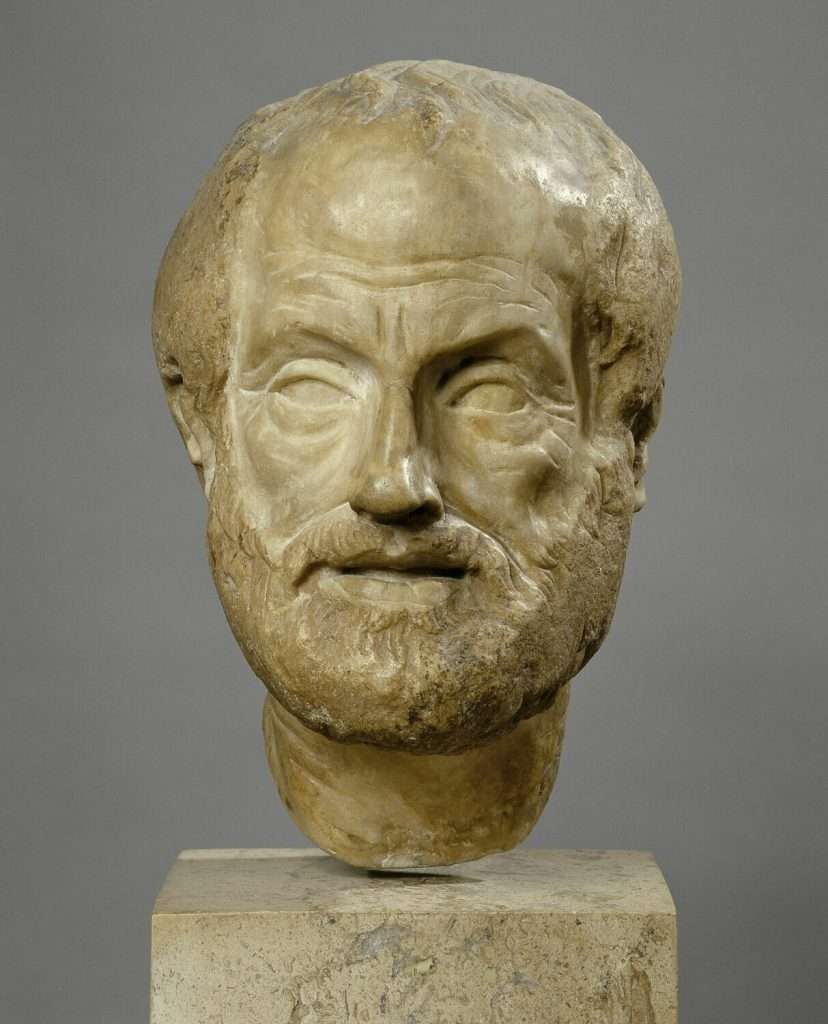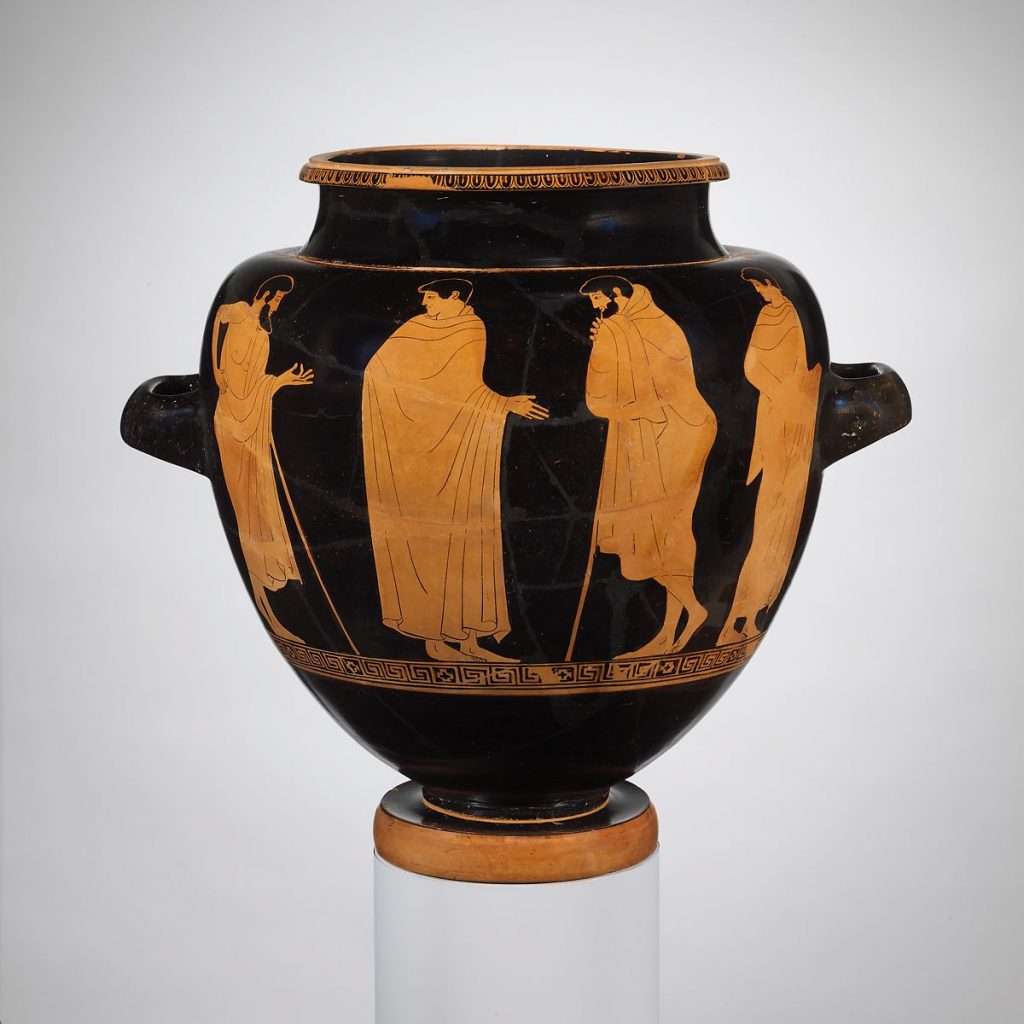Slavery – or forced labour, or unfree personal and civil status – is a commonplace. It has been around since human written record-keeping began in the Middle East in the third millennium BCE. But chattel slavery – the practice of treating human beings as mere goods and chattels, as mere things to be owned and disposed of, to be exploited unidirectionally at the expense of the recognition of a person’s humanity and sovereignty, involving the total, legally enforceable deprivation of agency – that is something far, far rarer.
Arguably, in the whole of recorded human history, there have been fewer than ten such civilisations or cultures or societies within which chattel slavery was practised as the predominant or exclusive mode of unfreedom. One of those few was the civilisation or culture of ancient Greece between about 600 BCE and 300 CE.
This is – to us – a deeply troubling state of affairs, and all the more so when one of ancient Greece’s chief intellectual ornaments, polymath Aristotle (384-322 BCE), sought to justify chattel slavery on intellectual grounds and did so woefully unpersuasively – even to his own, more enlightened contemporary intellectuals.

It is not certain exactly how or where chattel slavery emerged within the expanded ancient Hellenic world (that encompassed both the Mediterranean and Black Sea basins). Many point the finger at Athens – yes, the very same Athens where the world’s first people’s democracy (for adult male citizens only, of course) emerged around 500 BCE.
Was there a direct connection? Some think so – the devaluation and exploitation of some non-Greek people (whom they described as ‘barbarian’) as chattels or things certainly aided Athens’ economic infrastructure and afforded more leisure for citizens to do politics than would otherwise have been possible.

The Metropolitan Museum of Art, New York, Fletcher Fund, 1956
Others find a more significant correlation between the low level of technological attainment and the imperative need for man-power, some even arguing that it was the employment of enslaved people that kept the technological level so low. Aristotle could envisage automation – but only in an unrealisable fantasyland.
Whatever one’s views of its origins and functions, the fact of the prevalence of chattel slavery at the heart of an otherwise widely admired culture and society is certainly cause for troubled reflection – of the sort that Aristotle’s intellectual opponents propounded.
This was originally posted in support of our exhibition Ancient Greeks: Science and Wisdom that was open from 17 November 2021 – 5 June 2022. This collection displayed intriguing examples of how science is being used to uncover new insights about the Ancient Greek world.
